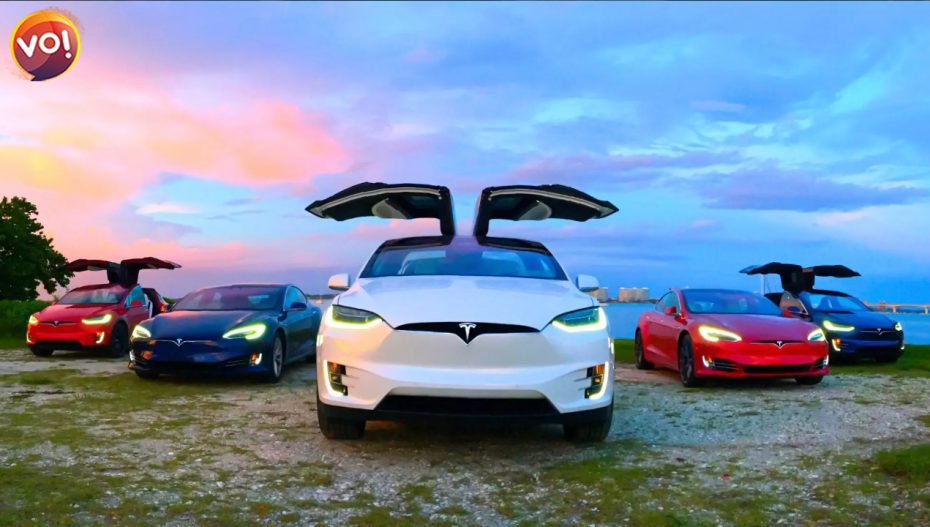Battery issues have been a major barrier to widespread adoption of electric vehicles, owing to limited mileage range and the mining of rare earth minerals. A Tesla research team, on the other hand, is working on a battery design that could last a whopping 100 years.
Jeff Dahn, a world-renowned battery technology expert, works at Dalhousie University in Halifax, Canada. So, in 2016, Tesla established its Advanced Battery Research division at Dalhousie to collaborate with Dahn, his colleagues, and graduate students.
Dahn, his research partner Michael Metzger, and PhD students in the programme collaborated on a study titled “Li[Ni0.5Mn0.3Co0.2]O2 as a Superior Alternative to LiFePO4 for Long-Lived Low Voltage Li-Ion Cells,” which was published in the Journal of the Electrochemical Society recently.
The promise of a nickel-based battery chemistry is explained in this work. The new technology, like lithium ion phosphate batteries (the LiFePO4 in the paper’s title), lasts longer and has a better energy density than lithium ion batteries. Because the new technology requires less battery cells, it aids in the resolution of material shortages and lowers the cost of an electric vehicle.
Nickel will increase the energy density of the new battery. According to the study, if the battery was kept at a constant temperature of 25 degrees Celsius (77 degrees Fahrenheit), it may survive more than a century. The new design may be able to function with little or no cobalt. This is critical since cobalt mining can result in contaminated water, air, and soil, as well as miners suffering from respiratory and other health issues.
Energy density is crucial in the effort to create the optimal battery. Because of the lower density, a larger battery pack is necessary to go a given distance. Higher-density batteries take up less room in a car and allow you to drive for longer distances. It’s difficult to give up fossil fuels because they have such a high energy density—more than 100 times that of any manufactured battery produced so far.
Tesla has decided to continue working with Dahn and his team of geniuses until 2026. Here’s to a future where electric vehicles are less expensive and more efficient.












